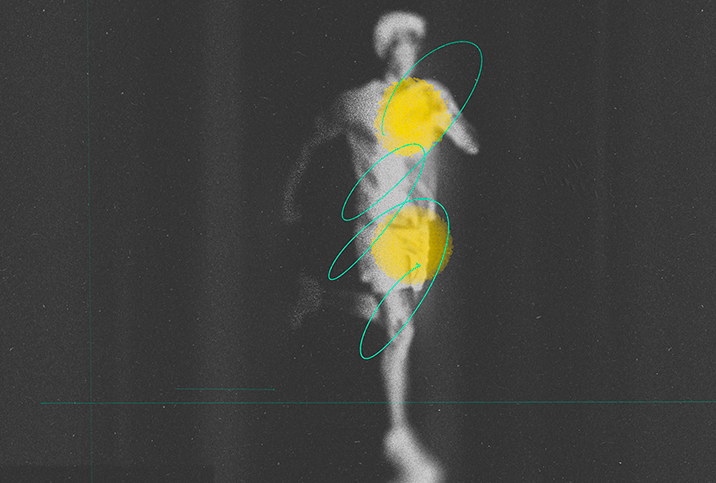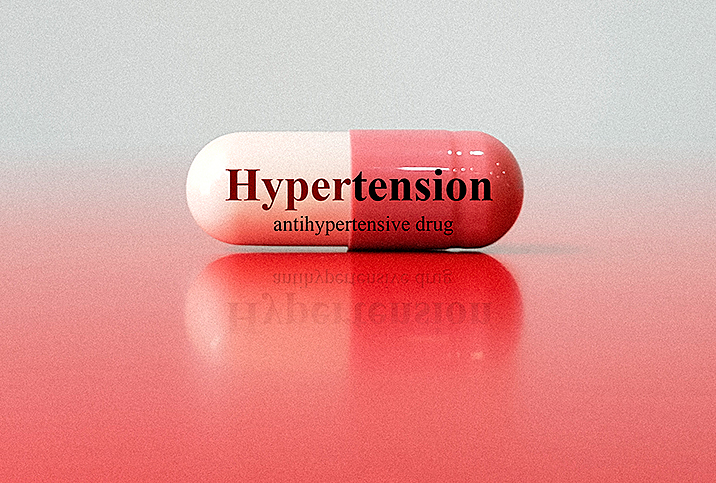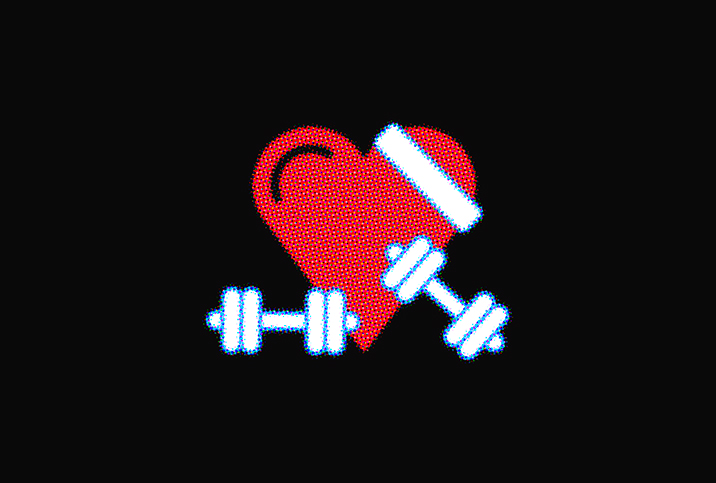Coronary Artery Disease (And Its ED Effects) Can Be Managed

Many men are familiar with the relationship between heart health and erectile function. If you're not, it's time to catch up. A healthy heart and circulatory system means better, more regulated blood flow to the penis, ultimately contributing to a lower risk of erectile dysfunction (ED).
Given the obesity rates across the United States, however, instances of coronary artery disease (CAD) are on the rise. Similar to other heart conditions, CAD has a direct link to penile function.
"Coronary artery disease is something that develops over decades, and many men begin as asymptomatic," said Alec J. Moorman, M.D., a University of Washington clinical associate professor of medicine and general cardiology section head. "Many of the risk factors are the same as those for ED: high blood pressure, diabetes, etc."
How is CAD connected to ED?
CAD is a condition in which cholesterol plaques cause the narrowing or blockage of the coronary arteries, and these plaques can also cause endothelial dysfunction where there is abnormal constriction and problems with auto-regulation of blood flow in the arteries. Moorman noted that a potentially serious complication of CAD is when a plaque ruptures suddenly, causing complete blockage of the artery and a heart attack.
Erectile dysfunction and coronary artery disease often go hand in hand. A 2005 International Journal of Impotence Research study noted an estimated 42 percent to 57 percent of CAD patients also had ED.
"Studies have shown that when a man shows signs of ED and doesn't have CAD, that man has roughly a twofold risk of having a [cardiovascular] event in the future," Moorman said. "ED is certainly a risk factor."
How can CAD affect long-term sexual health?
It's important to diagnose CAD early and begin treatment. Left unchecked, CAD can lead to irreversible erectile dysfunction because the penile blood vessels are among the smallest in the body.
ED tends to appear long before coronary issues, so it's a good idea to have a conversation with your urologist about a referral for a full cardiovascular risk assessment to see if your ED may be the result of a more significant vascular problem.
Giddy urologist Dr. Edwin Morales explains in depth how certain medical conditions, including heart disease and diabetes, can affect blood flow and erectile function. Click here to watch the video.
How can you prevent CAD and improve erectile function?
As with many heart and circulatory issues, prevention and maintenance come down to good lifestyle choices.
"Once you identify CAD, aggressive risk-factor and lifestyle modification is key," Moorman said.
These choices cover the basics: eating better, getting regular exercise and improving sleep habits. If these initial steps don't work, medication comes next. Moorman said typical prescriptions include statins, such as Lipitor and Zocor, to lower cholesterol and nitrates to help ease chest pain.
'Coronary artery disease is something that develops over decades, and many men begin as asymptomatic.'
Improvement in cardiovascular risk factors through weight loss and increased physical activity has been reported to improve erectile function, as a 2010 International Journal of Clinical Practice review noted.
Some patients also ask about ED drugs such as sildenafil and tadalafil (Viagra and Cialis). Moorman said these meds are typically usable by heart patients, since very few men have a serious enough cardiovascular problem to make sex risky. However, it's important to be careful not to mix ED drugs with prescribed nitrates.
"The mixture of sildenafil and nitroglycerin [in the nitrate] can cause a dangerous drop in blood pressure," Moorman said. "Those two shouldn't be taken within 24 hours of each other."
Always talk to your primary care doctor, cardiologist or urologist before making a change in medications, exercise regimens or diet. If you have coronary artery disease and/or erectile dysfunction, understand that you can take steps to improve the negative effects of these conditions.


















